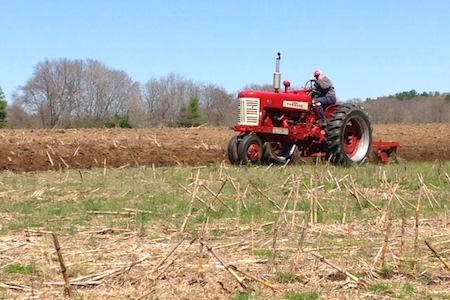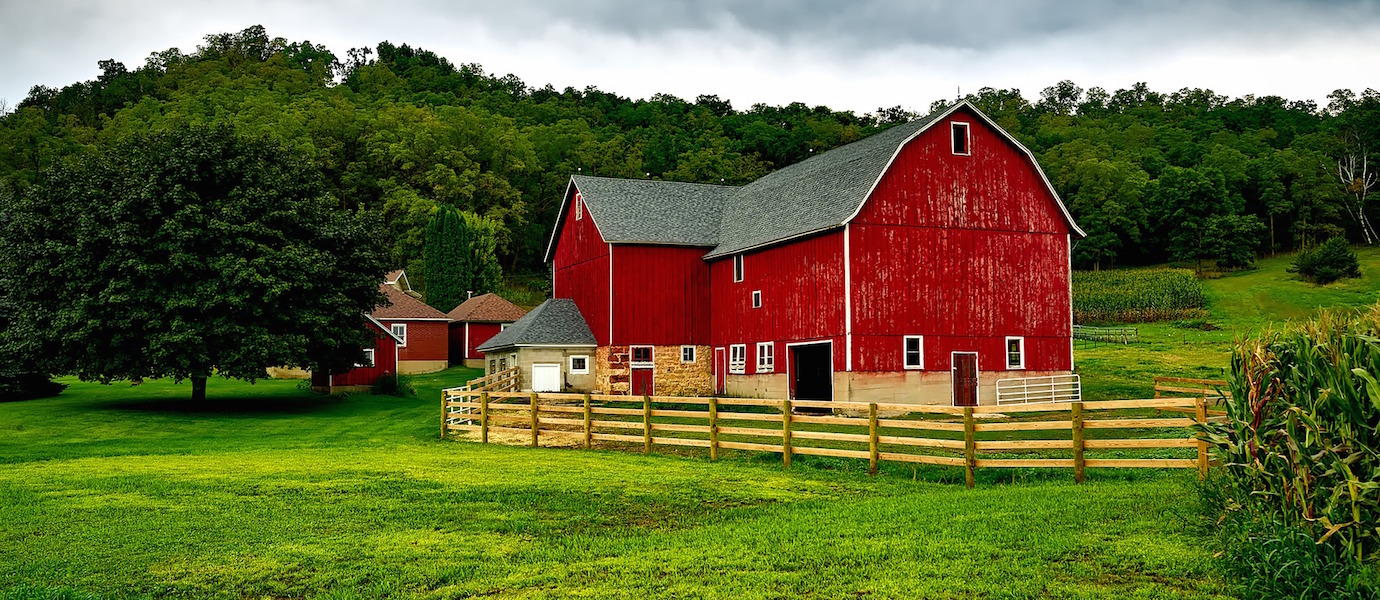
FIELD TRIPS
During the farm tour, students will have the chance to make their own ice cream and butter. If time allows, school groups can schedule a tour that includes freshly prepared Bison Burgers or delicious Bison Wild Rice & Barley Soup. A visit to the petting area can be arranged for your students. A pumpkin decorating activity is available in the fall.
supports classroom learning in:
Science.
topics covered:
Agriculture, farming, food production, animals, art.
contact info
Name: Debbi
Phone: 860-779-0837
INFO
ABOUT
Creamery Brook Bison
Visit Creamery Brook Bison, the largest bison farm in Connecticut! Established in 1990, the working farm offers guided wagon tours of its 110 acres where groups will see buffalo and emu as they roam around freely in their pastures. In addition to bison, the farm has a peacock, cows, and chickens. Tours and fun farm activities are available for students, scouts, homeschool, and camp groups by appointment.
contact info
Hrs: Vary.
HELPFUL LESSON PLAN(S)
Prepared by FieldTripDirectory.com
Farm Lesson Plan
FUN FACTS
The average American may eat 125 pounds of potatoes each year, but corn is actually America’s number one field crop, providing ingredients for cereals, peanut butter, snack foods and soft drinks. The average person eats 68 quarts of popcorn a year alone! Use a trip to an agricultural farm to find out where our fruits and vegetables come from. Compare organic, pesticide-free, and genetically engineered crops. Research the products made possible by crops grown in the U.S. (shampoos, crayons, and baseball bats all come from agricultural products, for example). Ask your local farm about the benefits of eating local or growing your own garden.
View Lesson Plan>>
FIELD TRIPS
Scout groups can work on Animal Science and other science-related badges on field trips to Creamery Brook Bison. Scouts will have the chance to make their own ice cream and butter during the tour. If time allows, scout groups can schedule a tour that includes freshly prepared Bison Burgers or delicious Bison Wild Rice & Barley Soup. A visit to the petting area can be arranged for your scout troop as well. A pumpkin decorating activity can be added to your field trip in the fall.
supports scout badges in:
Science.
topics covered:
Agriculture, farming, food production, animals, art.
contact info
Name: Debbi
Phone: 860-779-0837
INFO
ABOUT
Creamery Brook Bison
Visit Creamery Brook Bison, the largest bison farm in Connecticut! Established in 1990, the working farm offers guided wagon tours of its 110 acres where groups will see buffalo and emu as they roam around freely in their pastures. In addition to bison, the farm has a peacock, cows, and chickens. Tours and fun farm activities are available for students, scouts, homeschool, and camp groups by appointment.
contact info
Hrs: Vary.
HELPFUL LESSON PLAN(S)
Prepared by FieldTripDirectory.com
Farm Lesson Plan
FUN FACTS
The average American may eat 125 pounds of potatoes each year, but corn is actually America’s number one field crop, providing ingredients for cereals, peanut butter, snack foods and soft drinks. The average person eats 68 quarts of popcorn a year alone! Use a trip to an agricultural farm to find out where our fruits and vegetables come from. Compare organic, pesticide-free, and genetically engineered crops. Research the products made possible by crops grown in the U.S. (shampoos, crayons, and baseball bats all come from agricultural products, for example). Ask your local farm about the benefits of eating local or growing your own garden.
View Lesson Plan>>
FIELD TRIPS
Campers will enjoy a fun time on the farm. During the tour, campers can h make their own ice cream and butter. If time allows, camp groups can schedule a tour that includes freshly prepared Bison Burgers or delicious Bison Wild Rice & Barley Soup. A visit to the petting area can be arranged for your summer campers as well.
contact info
Name: Debbi
Phone: 860-779-0837
INFO
ABOUT
Creamery Brook Bison
Visit Creamery Brook Bison, the largest bison farm in Connecticut! Established in 1990, the working farm offers guided wagon tours of its 110 acres where groups will see buffalo and emu as they roam around freely in their pastures. In addition to bison, the farm has a peacock, cows, and chickens. Tours and fun farm activities are available for students, scouts, homeschool, and camp groups by appointment.
contact info
Hrs: Vary.
HELPFUL LESSON PLAN(S)
Prepared by FieldTripDirectory.com
Farm Lesson Plan
FUN FACTS
The average American may eat 125 pounds of potatoes each year, but corn is actually America’s number one field crop, providing ingredients for cereals, peanut butter, snack foods and soft drinks. The average person eats 68 quarts of popcorn a year alone! Use a trip to an agricultural farm to find out where our fruits and vegetables come from. Compare organic, pesticide-free, and genetically engineered crops. Research the products made possible by crops grown in the U.S. (shampoos, crayons, and baseball bats all come from agricultural products, for example). Ask your local farm about the benefits of eating local or growing your own garden.
View Lesson Plan>>
FIELD TRIPS
During the farm tour, homeschoolers will have the chance to make their own ice cream and butter. If time allows, homeschool groups can schedule a tour that includes freshly prepared Bison Burgers or delicious Bison Wild Rice & Barley Soup. A visit to the petting area can be arranged for your homeschool group. A pumpkin decorating activity is available in the fall.
topics covered:
Agriculture, farming, food production, animals, science, art.
contact info
Name: Debbi
Phone: 860-779-0837
INFO
ABOUT
Creamery Brook Bison
Visit Creamery Brook Bison, the largest bison farm in Connecticut! Established in 1990, the working farm offers guided wagon tours of its 110 acres where groups will see buffalo and emu as they roam around freely in their pastures. In addition to bison, the farm has a peacock, cows, and chickens. Tours and fun farm activities are available for students, scouts, homeschool, and camp groups by appointment.
contact info
Hrs: Vary.
HELPFUL LESSON PLAN(S)
Prepared by FieldTripDirectory.com
Farm Lesson Plan
FUN FACTS
The average American may eat 125 pounds of potatoes each year, but corn is actually America’s number one field crop, providing ingredients for cereals, peanut butter, snack foods and soft drinks. The average person eats 68 quarts of popcorn a year alone! Use a trip to an agricultural farm to find out where our fruits and vegetables come from. Compare organic, pesticide-free, and genetically engineered crops. Research the products made possible by crops grown in the U.S. (shampoos, crayons, and baseball bats all come from agricultural products, for example). Ask your local farm about the benefits of eating local or growing your own garden.
View Lesson Plan>>
